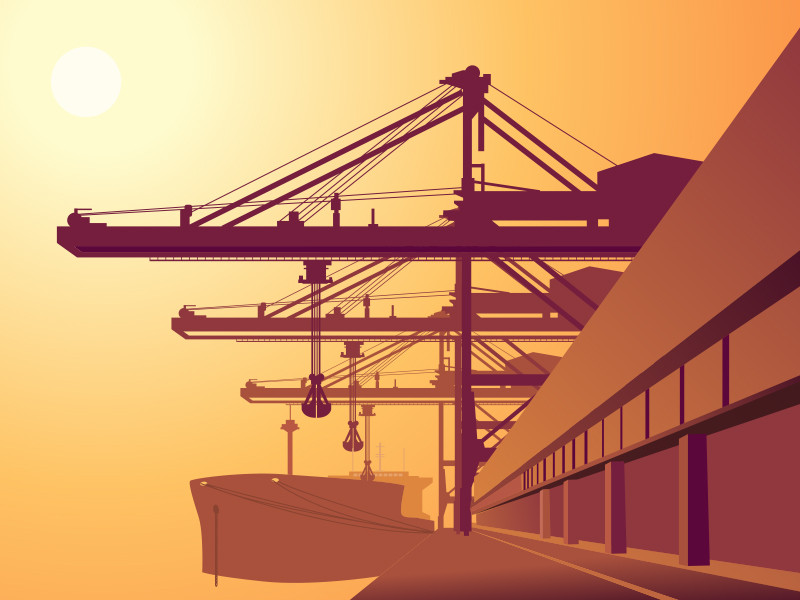Washington: The World Bank Thursday published new research on decarbonizing the maritime transport sector with findings that indicate significant business and development opportunities for countries, including for developing and emerging economies.
The first report, "The Potential of Zero-Carbon Bunker Fuels in Developing Countries", identifies two alternative fuels – ammonia and hydrogen – as the most promising zero-carbon bunker fuels for shipping at present, more scalable and cost-competitive than other biofuel or synthetic carbon-based options.
The second report, "The Role of LNG in the Transition Toward Low- and Zero-Carbon Shipping", finds that liquefied natural gas (LNG) is likely to play a limited role in the decarbonization of the shipping sector, noting its specific niche applications on pre-existing routes or in specific vessel types.
According to the World Bank, to lower and ultimately eliminate its climate impact, maritime transport needs to abandon the use of fossil-based bunker fuels and turn toward 'zero-carbon bunker fuels', namely shipping fuels which emit zero or at most very low greenhouse (GHG) emissions across their lifecycles.
By transitioning toward zero-carbon shipping, many countries, especially those with large renewable energy resources, can break into a future zero-carbon fuel market, while modernizing their own domestic energy and industrial infrastructure.
The reports evaluate which developing and developed countries may be well positioned to take advantage of this emerging investment opportunity, and present initial case studies for Brazil, India, Mauritius and Malaysia.
"The maritime community, particularly in developing countries, has a unique opportunity in the context of these emerging zero-carbon bunker fuels," said Bernice Van Bronkhorst, Global Director for Climate Change at the World Bank in a press release on Thursday,
"Not only will they help decarbonize shipping, but they can also be used to boost domestic infrastructure needs and chart a course for low-carbon development more generally," he stated.
The global maritime transport sector produces around three percent of global GHG emissions and an estimated 15 percent of the world’s air pollution annually.
The International Maritime Organization’s (IMO) Initial Strategy on the Reduction of GHG Emissions from Ships mandates that shipping’s GHG emissions be reduced by at least 50% below 2008 levels by 2050, and to be fully phased out as quickly as possible within this century.
Cek Berita dan Artikel yang lain di Google News
FOLLOW US
Ikuti media sosial medcom.id dan dapatkan berbagai keuntungan



















